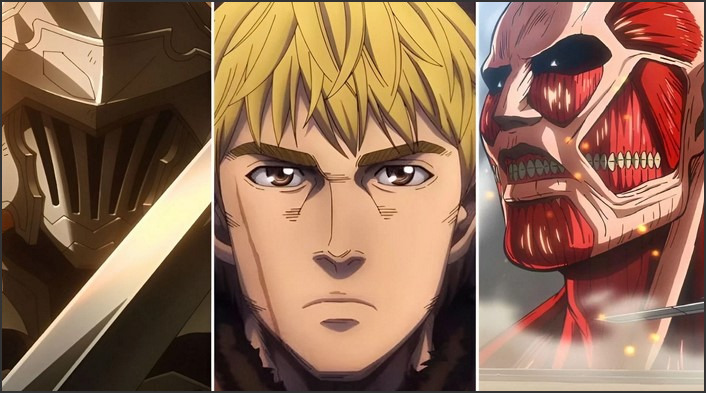Manwha Revenge: Exploring Themes of Justice and Retribution

Source : https://staticg.sportskeeda.com
Manwha revenge is a popular South Korean comic series that explores the themes of justice and retribution. It follows the story of a young man named Kang Ho, who is seeking revenge for the death of his father. The story follows Kang Ho as he navigates the complex world of revenge and justice, and the consequences of his actions. Along the way, he meets a variety of characters who help him in his quest for justice. The series is known for its intense action sequences and its exploration of the themes of justice and retribution. It is a gripping story that will keep readers on the edge of their seats.
Examining the Role of Vengeance in Manwha Revenge: How Does it Impact the Characters and Story?
Vengeance is a powerful emotion that can drive people to do extraordinary things. In the manhwa Revenge, vengeance plays a major role in the story and the characters’ motivations. It is a driving force that shapes the characters’ decisions and actions, and ultimately leads to the resolution of the story.
The main character of Revenge is a young man named Joon-ho. He is driven by a desire for revenge against the people who wronged him and his family. His quest for vengeance leads him to become a powerful fighter and a master of martial arts. He uses his skills to exact revenge on those who have wronged him and his family.
The other characters in the story are also driven by a desire for revenge. Joon-ho’s friend, Hye-jin, is seeking revenge against the people who killed her father. Joon-ho’s teacher, Master Kim, is seeking revenge against the people who killed his family. Even the villain of the story, the mysterious figure known as the “Shadow”, is driven by a desire for revenge against those who wronged him in the past.
The theme of revenge is a major part of the story and it has a profound impact on the characters and the plot. It is a driving force that shapes the characters’ decisions and actions, and ultimately leads to the resolution of the story. The characters’ desire for revenge leads them to take risks and make sacrifices in order to achieve their goals. It also leads to a number of conflicts and battles throughout the story.
The theme of revenge also serves to add tension and suspense to the story. The characters’ desire for revenge creates a sense of urgency and danger, as they are constantly in pursuit of their goals. It also creates a sense of anticipation, as the reader is left wondering how the characters will ultimately resolve their conflicts and achieve their goals.
In conclusion, vengeance plays a major role in the manhwa Revenge. It is a driving force that shapes the characters’ decisions and actions, and ultimately leads to the resolution of the story. It also serves to add tension and suspense to the story, creating a sense of urgency and danger. Vengeance is a powerful emotion that can drive people to do extraordinary things, and it is an important theme in Revenge.
Exploring the Morality of Retribution in Manwha Revenge: Is Revenge Ever Justified?
The concept of revenge has been a part of human culture since the dawn of civilization. In recent years, the idea of retribution has been explored in various forms of media, including manwha. Manwha is a Korean comic book or graphic novel, and many of these stories feature characters seeking revenge for wrongs done to them or their loved ones. While revenge can be a powerful motivator, it is important to consider the morality of retribution and whether it is ever justified.
Revenge is often seen as a form of justice, as it allows the wronged party to take control of their own destiny and seek retribution for the harm done to them. However, it is important to consider the consequences of revenge. It can lead to further violence and suffering, and can even create a cycle of retribution that can be difficult to break. Furthermore, revenge can be seen as a form of vigilantism, as it bypasses the legal system and allows individuals to take matters into their own hands.
On the other hand, some argue that revenge can be a necessary and justifiable response to certain wrongs. In some cases, the legal system may be unable to provide justice, or the wronged party may feel that the punishment is not sufficient. In these cases, revenge can be seen as a way to restore balance and provide closure.
Ultimately, the morality of revenge is a complex issue that depends on the individual circumstances. It is important to consider the potential consequences of revenge and to weigh the potential benefits against the potential harms. While revenge can be a powerful motivator, it is important to consider the morality of retribution and whether it is ever justified.Manwha revenge is an engaging and thought-provoking exploration of justice and retribution. It examines the complexities of these themes and how they can be used to seek justice and retribution in a variety of ways. It also highlights the importance of understanding the motivations behind revenge and how it can be used to bring about positive change. Ultimately, Manwha revenge is a powerful story that encourages readers to think critically about justice and retribution and how they can be used to create a better world.





